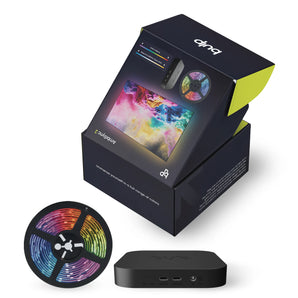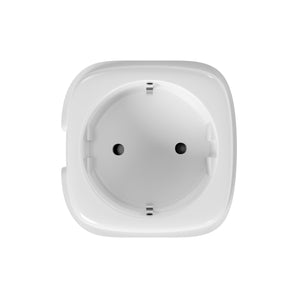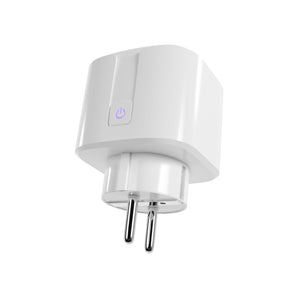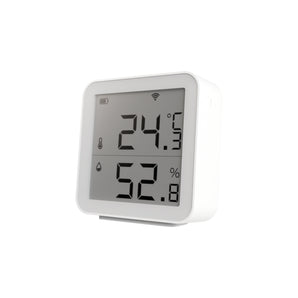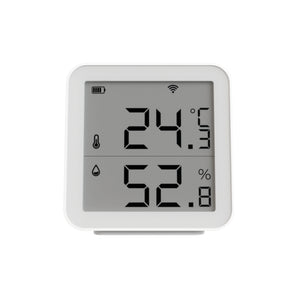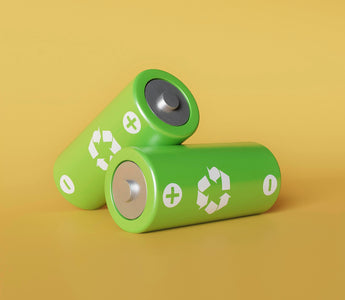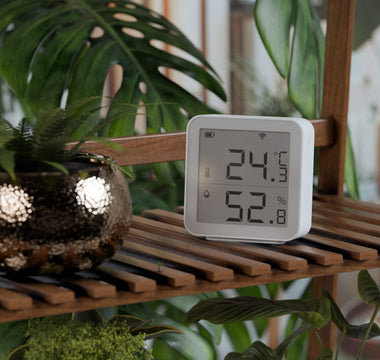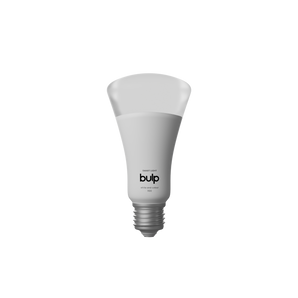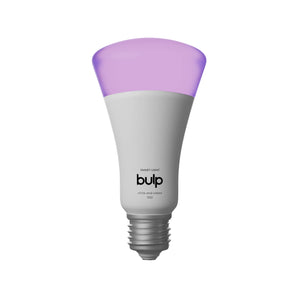Smart home products are designed to make your life easier. Whether it’s a smart thermostat, door sensor, or smart hygrometer, the goal is simple: reliable performance with minimal effort.
But one often-overlooked factor can make or break that reliability - the batteries you choose.
If your device runs on AA or AAA batteries, you’ve likely come across two common options: carbon zinc and alkaline. They look the same. They fit the same. But do they perform the same? Absolutely not.
In this article, we’ll break down the key differences and explain why the right battery choice matters - especially for smart devices that run continuously in the background.
What’s the Difference Between Carbon Zinc and Alkaline Batteries?
| Feature | Carbon Zinc | Alkaline |
|---|---|---|
| Voltage | 1.5V | 1.5V |
| Capacity | Lower | Higher |
| Battery Life | Shorter | Longer |
| Leak Risk | Higher | Lower |
| Price | Cheaper upfront | Better long-term value |
| Best For | Low-drain devices (clocks, remotes) | Smart devices, toys, sensors, flashlights |
While both types provide 1.5 volts, alkaline batteries deliver a more stable voltage over time, which is crucial for electronics that rely on consistent power—like smart sensors.
Why Battery Choice Matters for Smart Home Devices
Smart gadgets like the Smart Hygrometer are low-maintenance by design—but only if powered correctly. These devices collect and transmit data 24/7, often via Bluetooth or Wi-Fi. A sudden drop in voltage or a battery leak could result in:
-
Disconnected sensors
-
Inaccurate readings
-
Corroded battery terminals
-
Reduced device lifespan
Alkaline batteries are engineered to handle this kind of usage. They hold up better under constant load, resist leaking, and retain their charge much longer than carbon zinc alternatives.
Is Alkaline Really Worth It?
Yes—alkaline batteries are the better choice in almost every scenario, and here’s why:
1. Higher Energy Density
Alkaline batteries store more energy and deliver it more efficiently, which means your smart device lasts longer between battery changes.
2. More Stable Voltage Output
Carbon zinc batteries experience voltage drops more quickly. In contrast, alkaline provides steady performance over time - essential for devices like smart hygrometers that need constant uptime.
3. Lower Risk of Leakage
Alkaline batteries are far less likely to leak and damage your device, especially when left inside for long periods. This makes them safer and more reliable.
4. Longer Shelf Life
Alkaline batteries last up to 5-10 years on the shelf, compared to just 2-3 years for carbon zinc. That means less waste and more convenience when you stock up.
5. More Cost-Effective Over Time
Even though alkaline batteries are more expensive upfront, they need to be replaced far less often, making them more economical in the long run.
When Is Carbon Zinc Still a Valid Option?
Carbon zinc batteries can still be useful, but only in very specific scenarios:
-
Ultra low-drain devices like analog wall clocks
-
Disposable gadgets that will only be used briefly
-
Situations where the lowest initial cost is essential
However, for anything that connects via Bluetooth, runs 24/7, or stores data—carbon zinc simply doesn’t hold up.
What’s the Best Battery for a Smart Hygrometer?
The clear winner: alkaline batteries.
Smart hygrometers require steady voltage to maintain accurate humidity and temperature readings. Alkaline batteries ensure the device runs smoothly for months, without signal dropouts or sensor errors. They’re also safer to use long-term, with a much lower risk of corrosion or leakage.
Conclusion: Power Your Smart Home the Smart Way
Smart devices are only as reliable as the power behind them. When choosing between carbon zinc and alkaline batteries, the decision is simple:
-
Choose carbon zinc for basic, low-drain devices you use occasionally.
-
Choose alkaline for any smart device that runs continuously or connects wirelessly - like your Smart Humidity meter.
Investing in the right battery ensures your smart setup performs exactly as expected, with fewer interruptions and less maintenance.
Don’t let a weak battery compromise your smart device. Choose alkaline, and let your technology run the way it was meant to.

